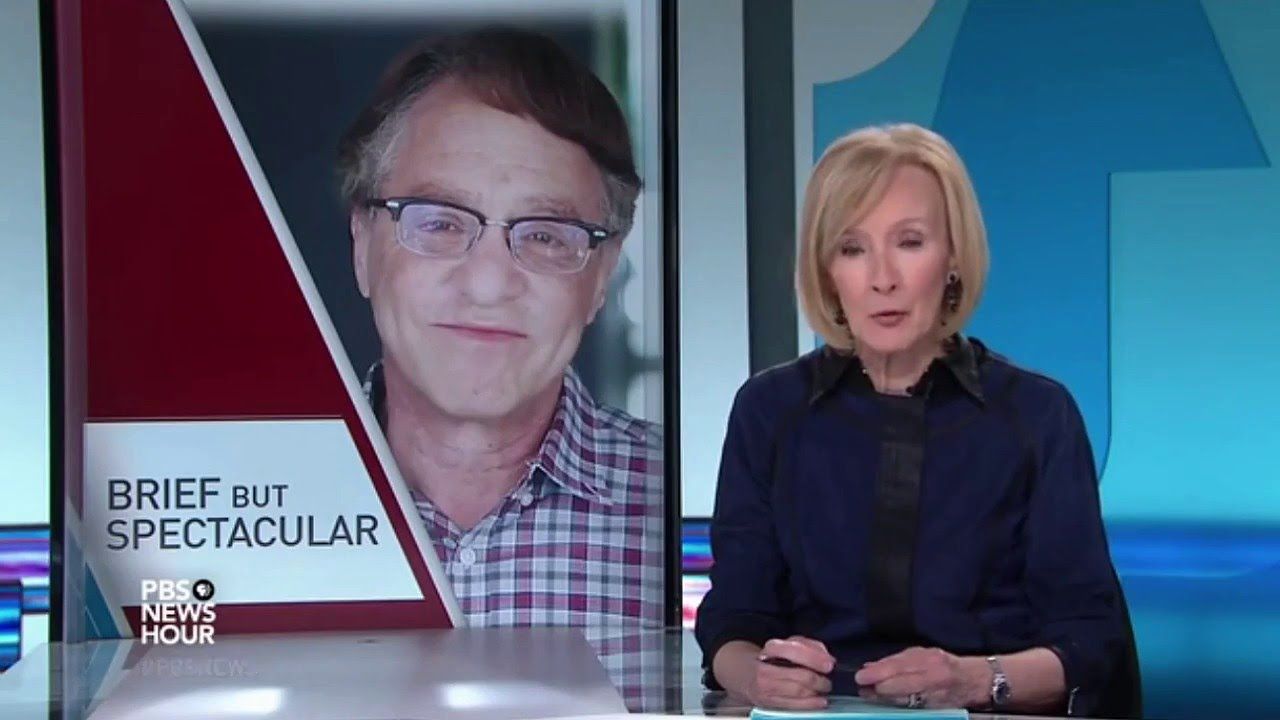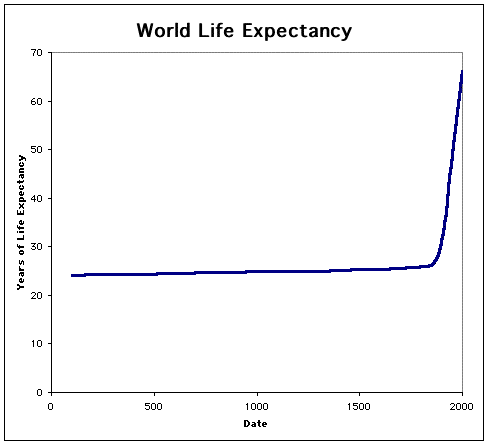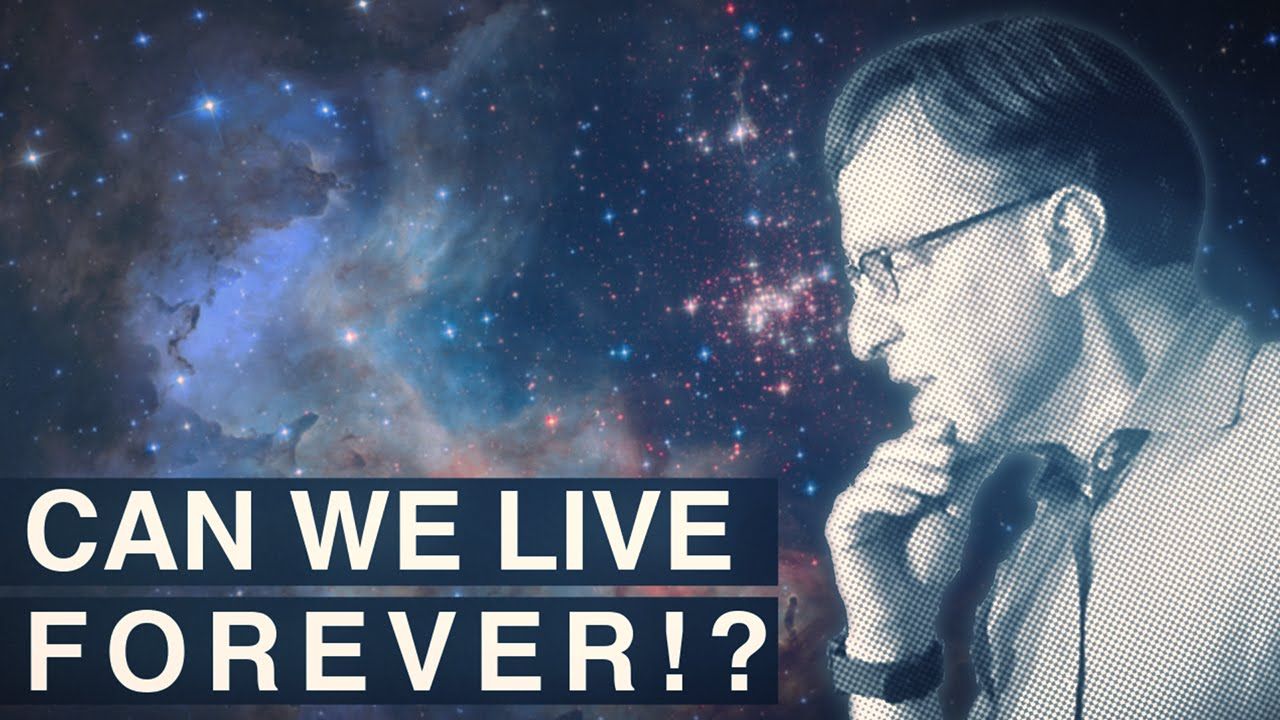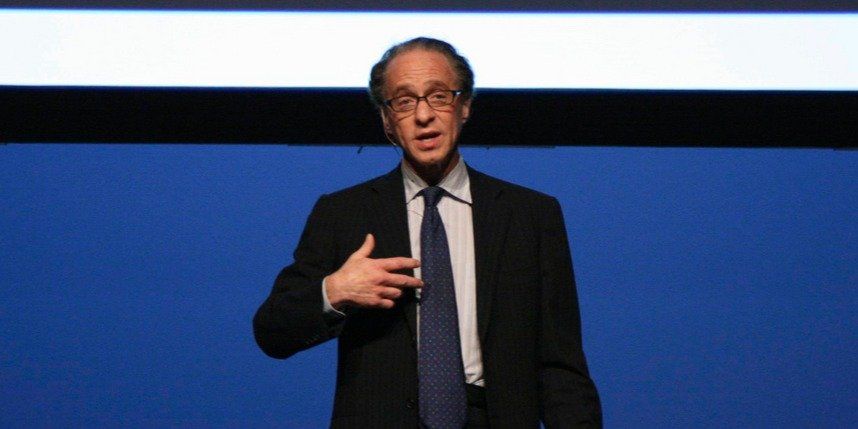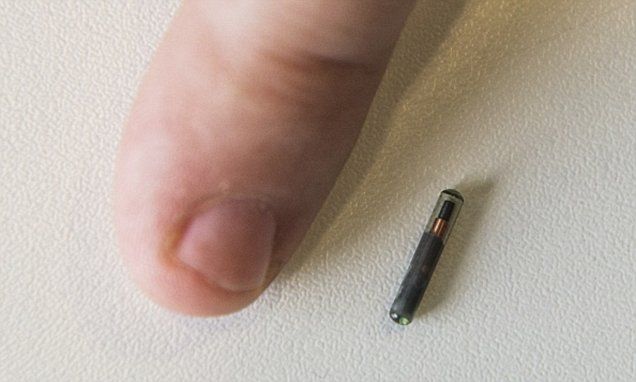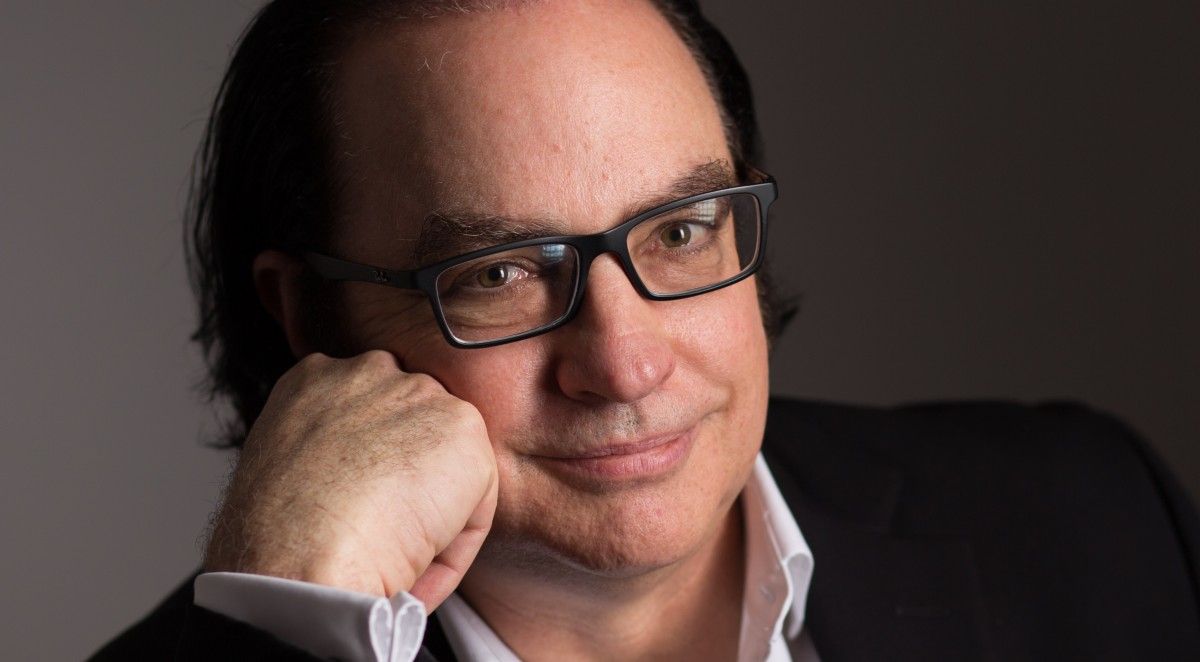And, a few words from Ray.
According to Ray Kurzweil, we’re approaching a time when humans will begin to radically extend their lifespans. This sounds good on the surface, but will we have enough resources to support everyone? And won’t living indefinitely get boring eventually? Not so much, Kurzweil says.
Kurzweil suggests that by the time we’ve significantly extended our average lifespan, we’ll no longer be in a scarcity-driven world competing for finite resources. Take energy, for example. Kurzweil notes solar is on an exponential curve and has been doubling every two years.


